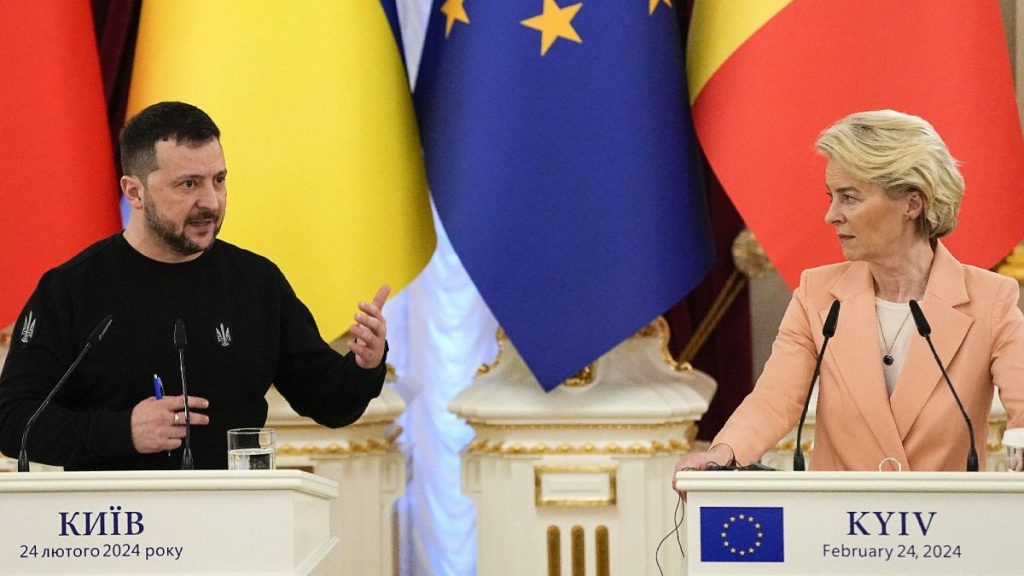An exclusive IPSOS/Euronews poll of nearly 26,000 respondents from 18 EU countries revealed that EU voters are divided on whether aid to Ukraine should be a priority for the next European Parliament mandate. About 36% of Europeans believe it should be a priority, while an equal percentage view it as important but not a priority, and the remaining 27% see it as a secondary issue. Views on assistance to Ukraine vary by country, with respondents from Nordic EU member states being more vocal in calling for increased support, while countries like Hungary, Greece, Romania, and Slovakia see aid to Ukraine as a secondary issue. In Germany, Poland, and the Czech Republic, respondents exhibited some aid fatigue despite being among the biggest donors of military assistance to Ukraine.
When looking at political ideology, supporters of the Greens overwhelmingly back making aid to Ukraine a priority for the next five years. Respondents from the main political groups in the European Parliament also largely support strong continued assistance to Ukraine. However, left-wing voters have more subdued support, and a majority of respondents aligning themselves with the far-right Identity & Democracy group see aid to Ukraine as secondary. The poll does not differentiate between types of aid, as the EU has been providing military, macro-financial, and humanitarian assistance to Ukraine since Russia’s invasion over two years ago.
Respondents across the 18 countries polled were split on whether the EU’s stance on Ukraine had a positive impact. Thirty-six percent believe the EU has had a positive impact, 32% see it as neutral, and 31% think the impact was negative. The EU has provided over €143 billion in aid to Ukraine, with a significant portion pledged through the EU budget for financial, economic, and humanitarian support. The EU has also provided military assistance and support for Ukrainian refugees within the EU through the Temporary Protection System. Additionally, the EU has imposed massive sanctions against Russia over its military aggression towards Ukraine, including restricting sales of Russian fossil fuels and metals and freezing Russian assets in the EU.
Respondents from Nordic countries have a more positive view of the EU’s impact on supporting Ukraine, with a majority in Denmark, Finland, and Sweden expressing a positive opinion. In contrast, countries like Romania, Slovakia, Italy, Austria, Greece, and Hungary feel that the EU’s impact on the war in Ukraine has been ineffective. Overall, the poll highlights the varied opinions among EU voters on the prioritization of aid to Ukraine and the perceived impact of the EU’s support efforts in the region.


